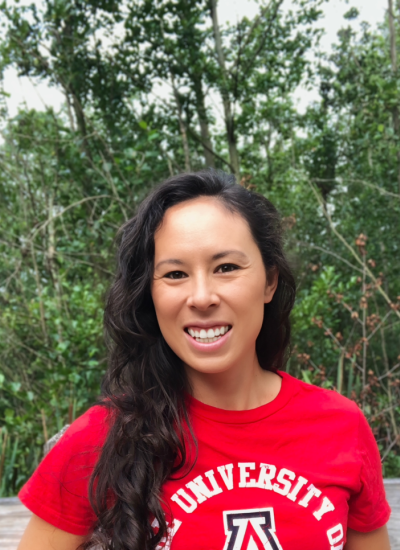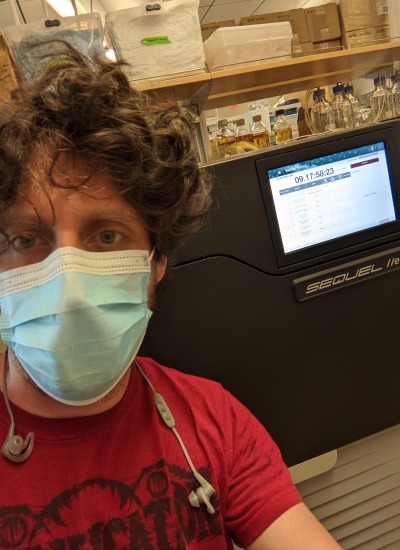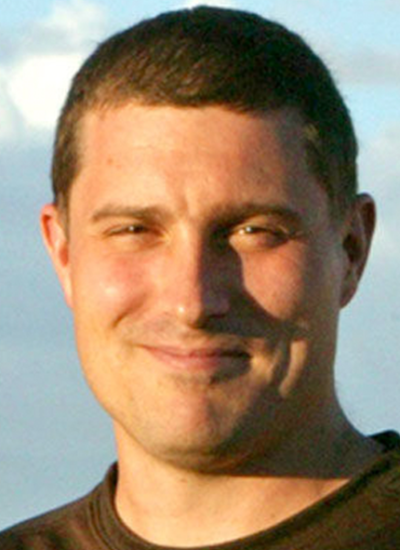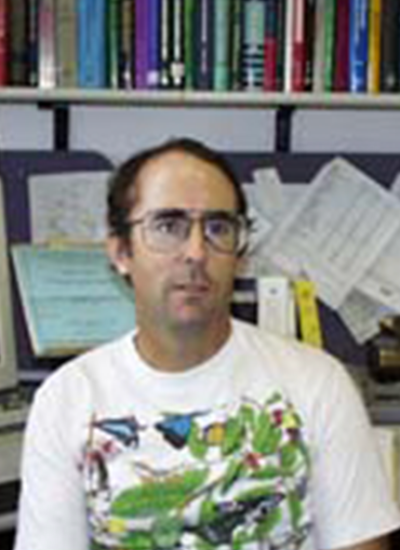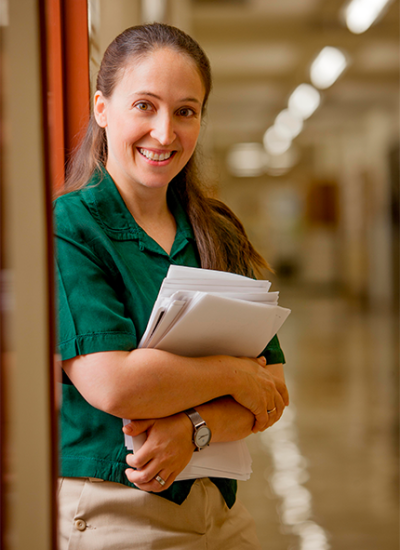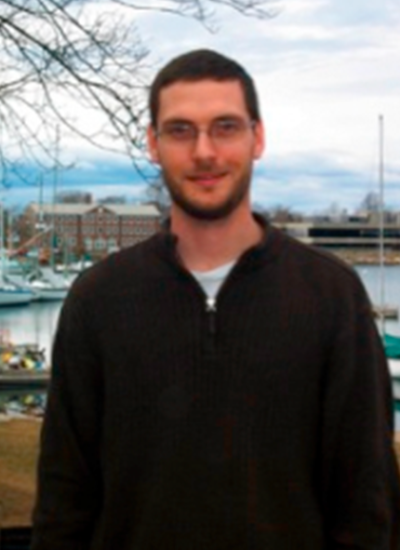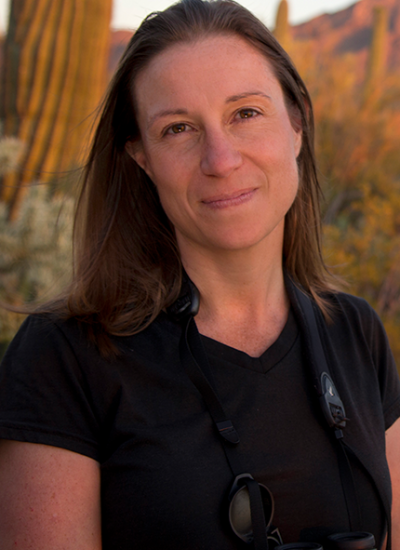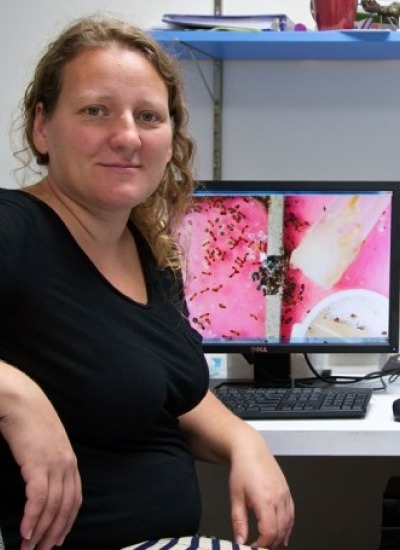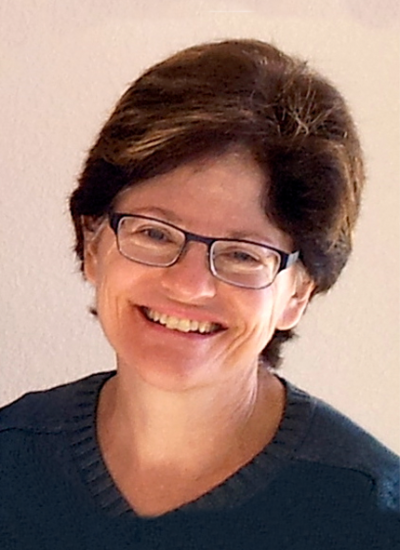Ecology & Evolutionary Biology
Assistant Professor, Ecology and Evolutionary Biology
Member of the Graduate Faculty
Primary Department
Department Affiliations
Sabrina McNew is a disease ecologist and Assistant Professor of Ecology and Evolutionary Biology. She received her PhD from the University of Utah and was a postdoctoral fellow at Cornell University before joining the faculty at the University of Arizona in 2022. Her lab studies host-parasite interactions with a particular focus on invasive parasites and pathogens in the Galapagos Islands.
Jay Goldberg
Postdoctoral Fellow, Research
Primary Department
Department Affiliations
Contact
(520) 621-8220
Research Interest
Alexander Badyaev
Professor, Ecology and Evolutionary Biology
Professor, BIO5 Institute
Member of the General Faculty
Member of the Graduate Faculty
Primary Department
Department Affiliations
Contact
(520) 626-8830
Research Interest
Michael Worobey
Department Head, Ecology and Evolutionary Biology
Professor, Ecology and Evolutionary Biology
Professor, Genetics - GIDP
Professor, BIO5 Institute
Member of the General Faculty
Member of the Graduate Faculty
Primary Department
Department Affiliations
Contact
(520) 626-3456
Research Interest
Bruce Walsh
Professor, Ecology and Evolutionary Biology
Professor, Public Health
Professor, Plant Sciences
Adjunct Professor, Animal and Comparative Biomedical Sciences
Adjunct Professor, Molecular and Cellular Biology
Professor, Applied Mathematics - GIDP
Professor, Entomology / Insect Science - GIDP
Professor, Genetics - GIDP
Professor, Statistics-GIDP
Professor, BIO5 Institute
Member of the General Faculty
Member of the Graduate Faculty
Primary Department
Department Affiliations
Contact
(520) 621-1915
Research Interest
Joanna Masel
Professor, Ecology and Evolutionary Biology
Professor, Genetics - GIDP
Professor, Statistics-GIDP
Professor, Applied Mathematics - GIDP
Professor, Psychology
Member of the Graduate Faculty
Professor, BIO5 Institute
Primary Department
Department Affiliations
Contact
(520) 626-9888
Research Interest
Jeremiah D Hackett
Associate Department Head, Ecology and Evolutionary Biology
Associate Professor, Ecology and Evolutionary Biology
Associate Professor, Genetics - GIDP
Associate Professor, BIO5 Institute
Primary Department
Department Affiliations
Contact
(520) 621-7514
Work Summary
Jeremiah Hackett’s research interests are in the areas of genome evolution, the evolution of photosynthesis and the physiology of harmful algae. Part of his research investigates how eukaryotes acquire plastids through endosymbiosis and how this process influences genome evolution through gene transfer. Another main area of research is the ecology and physiology of harmful algae. His lab is using microarrays to determine global gene expression patterns of harmful algae under various growth conditions. These gene expression profiles will be used to determine the factors that lead to harmful algal blooms in the oceans.
Research Interest
Renee A Duckworth
Associate Professor, Ecology and Evolutionary Biology
Member of the Graduate Faculty
Associate Professor, BIO5 Institute
Primary Department
Department Affiliations
Contact
(520) 626-0734
Research Interest
Anna R Dornhaus
Professor, Ecology and Evolutionary Biology
Professor, Entomology / Insect Science - GIDP
Professor, Psychology
Professor, Neuroscience
Professor, Neuroscience - GIDP
Professor, Cognitive Science - GIDP
Professor, BIO5 Institute
Primary Department
Research Interest
Judith Bronstein
Professor, Ecology and Evolutionary Biology
Professor, Entomology / Insect Science - GIDP
University Distinguished Professor
Professor, BIO5 Institute
Member of the General Faculty
Member of the Graduate Faculty
Primary Department
Department Affiliations
Contact
(520) 621-3534
Research Interest
Pagination
- Page 1
- Next page


